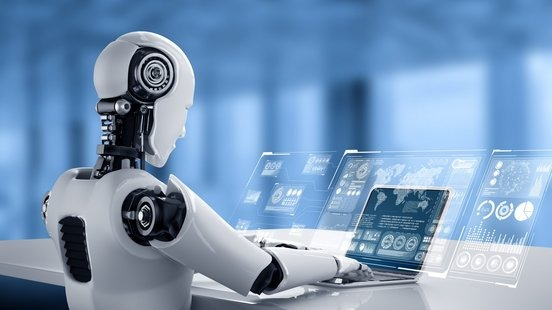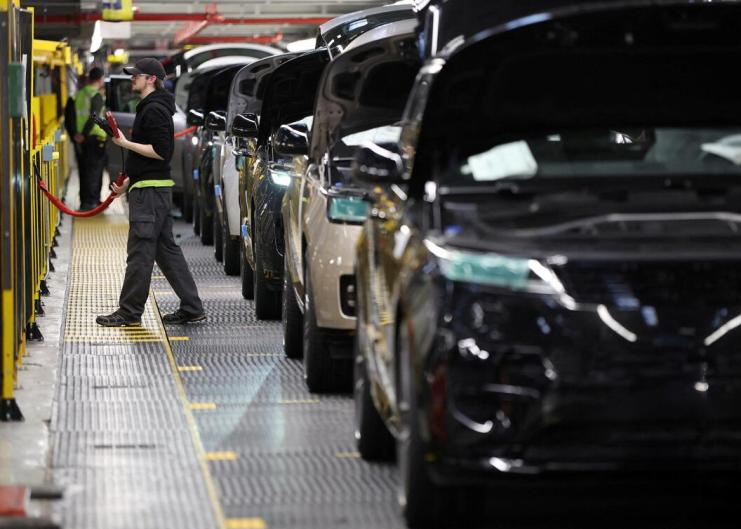The Institute for Public Policy Research (IPPR) has again warned that as many as 8 million jobs could be lost in the UK as artificial intelligence becomes increasingly integrated in the workplace. Judging from the pace of global AI development, the loss of artificial jobs in the future is likely to be close to hundreds of millions. Artificial intelligence in the future to completely replace traditional artificial is not alarmist, how much can replace and replace what areas? The market is needed for further verification.
The fear of a "job apocalypse" is not new; one view is that the fear of job losses due to technological progress has persisted since the Industrial Revolution. However, the reality we observe is quite the opposite. The more technologically developed countries, the more widely used high-tech areas, the more strong the demand for labor. At the same time, the wages of the labor force and the average standard of living have also increased greatly.
At the same time, if governments take appropriate measures, a "job apocalypse" is not inevitable. In the UK, for example, AI has already affected 11% of the tasks performed by UK employees. If companies further integrate AI technology, this number could rise to nearly 60%. In a best-case scenario, the application of AI could generate up to £306 billion a year for the UK economy without causing any job losses, and AI could also lead to wage increases of up to 30%. But this view does not take into account changing factors and is too optimistic about the future.
Artificial intelligence replacing traditional labor will gradually extend from some fields to other fields. As things stand, the jobs that AI is most likely to take away seem to be concentrated in white-collar industries: Technical jobs (programmers, software engineers, data analysts), media jobs (advertising, content creation, technical writing, journalism), legal jobs (lawyers, paralegals), market research analysts, education jobs (teachers), finance jobs (financial analysts, personal financial advisors), traders, graphic designers, accountants, customer service representatives. It is no exaggeration to say that people in these jobs will accept the first wave of unemployment.
Of course, the development of any business has advantages and disadvantages, although AI has taken away some jobs, it will also create new jobs. While some occupations are at risk of being displaced by advances in artificial intelligence, on the other hand, these technologies are also creating new jobs. For example, many companies are hiring technical talents such as data analysts, machine learning engineers, and robotics engineers in the field of artificial intelligence. It is believed that with the continuous progress of technology, there will be more and more employment opportunities in AI-related fields.
Second, artificial intelligence technology will create new industries and markets in the future and increase employment. The Times are developing, and now many hot industries are rising from the development of new technologies. For example, the popularity of Internet technology has given birth to e-commerce, online education, sharing economy and other industries, which have created a large number of job opportunities and economic benefits. Similarly, the development of artificial intelligence technology may also bring new industries and markets, which has been confirmed many times in the current global market.
Throughout the history of human development, the birth and development of any new thing has its objective law, and the process of artificial intelligence is also a gradual and interactive process. Although it will have an impact on traditional artificial production in a short time, in the long run, it will have a positive role in promoting human development and progress.





























